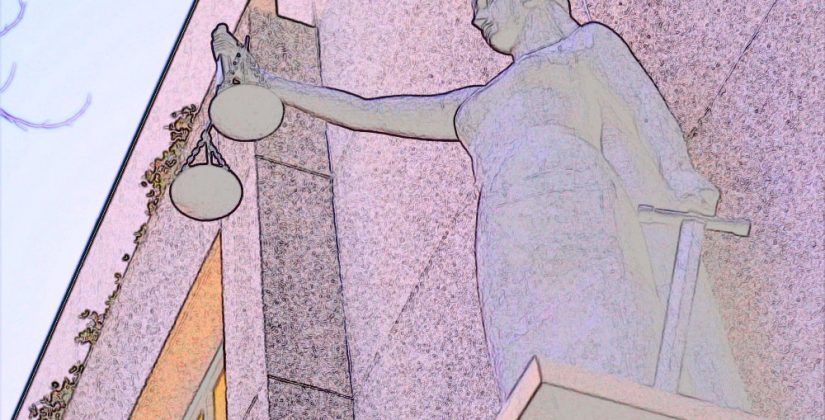Open Justice – ICLR responds to MOJ consultation
In May 2023 the Ministry of Justice launched a consultation on Open Justice. The consultation closed on 7 September 2023. This was ICLR’s response. … Continue reading

Summary
The ICLR supports open justice and transparency, of which law reporting is an important component. Our work depends on court hearings being listed for hearing and conducted in public, and on access to court papers, such as pleadings and skeleton arguments, as well as being able to attend either in person or online and to take a note of oral judgments, and to obtain and publish copies of written judgments whenever handed down or otherwise distributed. Our reporters and editors are all either barristers or solicitors.
Judgments are selected for reporting according to their importance and value as precedents. In practice, these are primarily those given in the most senior courts, including the High Court, Court of Appeal, Supreme Court, the Upper and Employment Appeal Tribunals, and the European Court of Justice. Reporters are assigned to these courts and rely on information provided by court staff and the judiciary in order to monitor the activity of the court, attend hearings of importance, and report decisions in a timely and accurate manner. Proofs of full text law reports are sent to the judges for approval prior to publication. Where a case appearing in the official series of The Law Reports contains a note of the argument, a proof of this is also sent to counsel prior to publication. Reports of cases in The Law Reports published by ICLR are required to be cited in preference over reports from any other series: Practice Direction (Citation of Authorities)[2012] 1 WLR 780.
Law reporting is a good demonstration of how the common law system of justice is predicated on the assumption of justice being done, and seen to be done, in public. The description of precedent-setting courts as “courts of record” bears this out. Technology has changed the way litigation is conducted, and it has also provided opportunities for expanding the way justice is seen and recorded. An example of this is the publication of judgments, which was the subject of a report by ICLR published earlier this week: Publication of listed judgments: towards a new benchmark of digital open justice – Final report.
While recent developments in court procedure and the conduct of litigation have sought to make the administration of justice more efficient, increasing access to justice and reducing its cost, it should never be forgotten that open justice is not simply a “nice to have” add-on, but needs to remain a foundational principle around which the entire system is built. Where technology can be used to support scrutiny and transparency, it will ensure that what is seen to be done is also justly done.
The Ministry of Justice consultation, Open Justice: the way forward, was launched on 11 May 2023 and closed on 7 September 2023. The consultation covered a range of topics, not all of which are dealt with in ICLR’s response. Our response is primarily informed by the work of our law reporters but includes observations more generally in support of open justice, derived from our collective experience in court reporting.